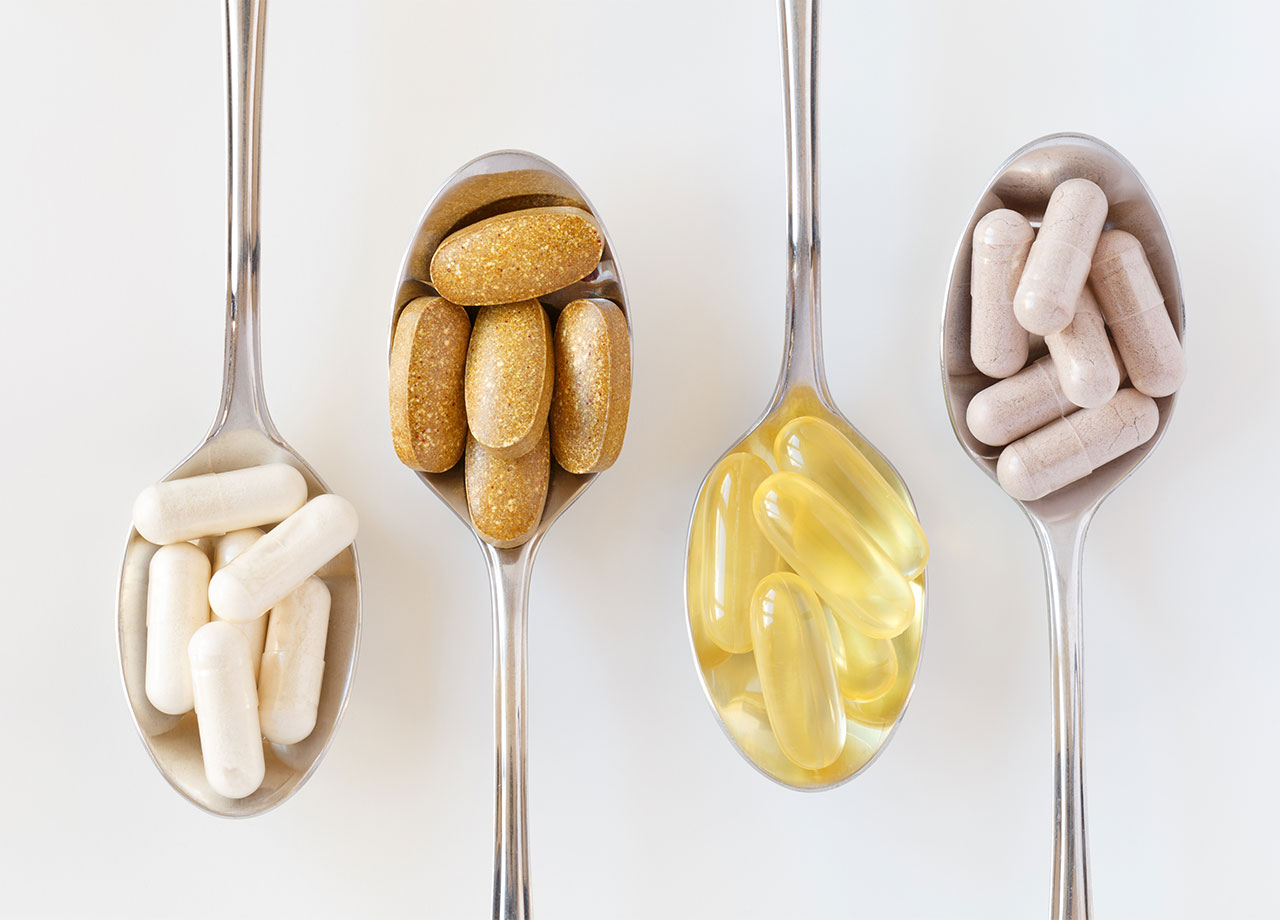
1. Vitamins
At Whole Foods, a bottle of prenatal multi-vitamins retails for about $60, and a regular bottle of women's multi-vitamins costs about $70. That's a huge price tag for vitamins, especially when you can get a bottle at places like CVS, Walmart, and Target for less than $15.
You might be thinking that Whole Foods vitamins seem like they would be better quality than some of the above-mentioned brands, but according to a Whole Foods employee, as long as you do a little bit of research to find out what ingredients are the most beneficial to your body, you're way better off shopping elsewhere.
2. Fresh Meat
Yet another item that seems like it would be better quality coming from Whole Foods is actually just overpriced. According to the Whole Foods employee, meat at Whole Foods costs 40% more than at other grocery stores. If you're paying that much, you're better off going to a local butcher, where higher quality is guaranteed.
3. Nuts
Another instance of items being overpriced, this Whole Foods employee says that nuts at Whole Foods are simply not worth it. According to the employee, they're priced "significantly more" per pound at Whole Foods than at other grocery stores. And because nuts are a simple one-ingredient snack, you're not risking quality by purchasing at a different store.
4. Dried Wild Blueberries
This item probably isn't on your regular grocery list. And for that reason, Whole Foods gets away with hiking up the price. According to a Whole Foods employee, dried and sweetened wild blueberries cost about $32 per pound—way more than it costs to harvest and produce them. You're much better off purchasing these elsewhere—if you can find them elsewhere, that is.
5. Infused Water
Infused water is all the rage these days, and Whole Foods sells a lot of them. However, according to a Whole Foods employee, it's not worth the price—anywhere, actually. Infused water is so easy to make at home, and doesn't take much time at all. Just slice up your favorite fruit, vegetable, and/or herbs and leave them in a bottle of water to infuse overnight. Easy!
6. Gluten Free Products
Unsurprisingly, Whole Foods has a wide selection of gluten-free items. But even non-Whole Foods branded products are priced much higher at Whole Foods than they are at your local grocery store. In fact, the Whole Foods employee says that some gluten-free products are priced between 10 and 30% more than they are at somewhere like Stop & Shop or Shop Rite.


